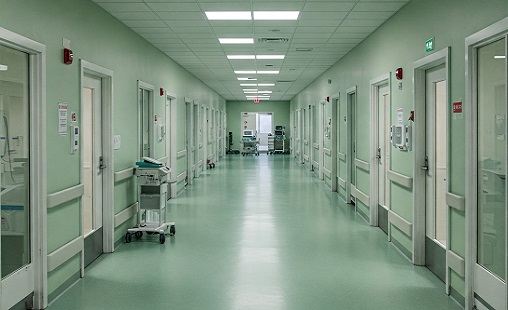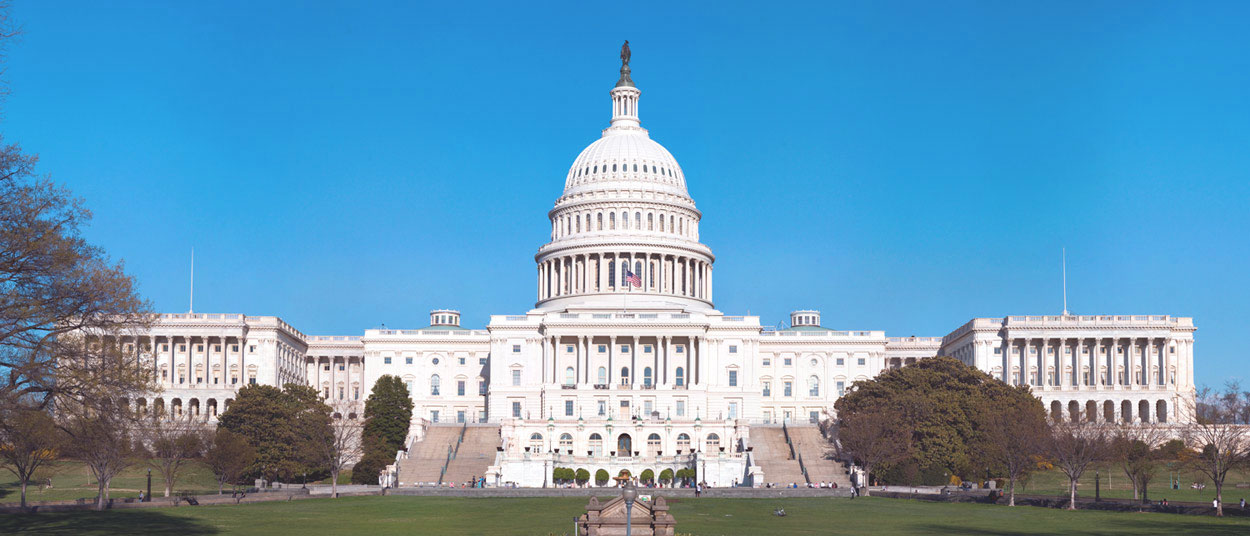Publications
Evaluating a New Senate Proposal to Reform Residency Funding
 Despite its wealth, the United States has fewer physicians per capita than most other developed nations—about 2.7 physicians per 1,000 residents, ranking 28th out of 31 OECD member countries. Reform of the graduate medical education funding model is badly needed. In the short term, expansion of residency slots could alleviate the artificial shortage of residency slots brought about by current government policy. In the long term, policymakers should more fundamentally rethink the need for federal funding in graduate medical education.
Despite its wealth, the United States has fewer physicians per capita than most other developed nations—about 2.7 physicians per 1,000 residents, ranking 28th out of 31 OECD member countries. Reform of the graduate medical education funding model is badly needed. In the short term, expansion of residency slots could alleviate the artificial shortage of residency slots brought about by current government policy. In the long term, policymakers should more fundamentally rethink the need for federal funding in graduate medical education.
A Critique of Health Equity
 "Health equity" has become a mantra in health policy and public health circles. In mainstream journal articles and conference talks, the concept is ubiquitous and agreement with it is practically taken for granted. But what does health equity mean as a goal, and what policies and actions are supposed to be in or out of bounds in service of that goal?
"Health equity" has become a mantra in health policy and public health circles. In mainstream journal articles and conference talks, the concept is ubiquitous and agreement with it is practically taken for granted. But what does health equity mean as a goal, and what policies and actions are supposed to be in or out of bounds in service of that goal?
Health Policy Predictions
 In this modified Delphi-method forecasting exercise, we asked a broad set of academics, think tankers, physicians, and other participants to think about the future of health policy in the United States. On questions ranging from Medicare and Medicaid to occupational licensing and artificial intelligence, respondents rated the likelihood that various policy changes will occur in the next five years.
In this modified Delphi-method forecasting exercise, we asked a broad set of academics, think tankers, physicians, and other participants to think about the future of health policy in the United States. On questions ranging from Medicare and Medicaid to occupational licensing and artificial intelligence, respondents rated the likelihood that various policy changes will occur in the next five years.
Social Determinants Point Us Toward Self-Determination
 The topic of social determinants of health (SDOH) is a battleground for political ideologies. As researchers study the connections between upstream factors and downstream outcomes, the question of policy implications naturally arises. Contra both the progressive and conservative camps, there is a third possible way to look at these determinants. This third way holds that upstream determinants are a worthy pursuit of study, but one that points us toward self-determination, rather than greater government involvement in people's lives.
The topic of social determinants of health (SDOH) is a battleground for political ideologies. As researchers study the connections between upstream factors and downstream outcomes, the question of policy implications naturally arises. Contra both the progressive and conservative camps, there is a third possible way to look at these determinants. This third way holds that upstream determinants are a worthy pursuit of study, but one that points us toward self-determination, rather than greater government involvement in people's lives.
Overton Window for U.S. Health Insurance
 The proposals included in this document represent just some of the many policy options that are alive in today's discourse on U.S. health insurance. Concerningly, the window is getting wider at the bottom margin (i.e., in the direction of greater government involvement) more quickly than at the top. Once considered a "bold" proposal, support for a Public Option is no longer a particularly risky position for politicians to hold. Similarly, Medicare-For-All was once considered "risky," but arguably is now merely a bold position for a politician to hold.
The proposals included in this document represent just some of the many policy options that are alive in today's discourse on U.S. health insurance. Concerningly, the window is getting wider at the bottom margin (i.e., in the direction of greater government involvement) more quickly than at the top. Once considered a "bold" proposal, support for a Public Option is no longer a particularly risky position for politicians to hold. Similarly, Medicare-For-All was once considered "risky," but arguably is now merely a bold position for a politician to hold.
Schools Should Set Their Own Smartphone Policies
 Evidence is mounting that smartphones are harmful to the mental health, educational attainment, and overall well-being of adolescents. Some schools and school districts have gone "phone-free" by instituting bans on cell phone use during the school day, spurring state legislatures to propose (and in some cases pass) statutes enacting bans legislatively. Although the goal of phone-free schools is praiseworthy, there are good reasons to prefer that the details of school smartphone policy be left to schools and school districts rather than codified into law by state legislatures.
Evidence is mounting that smartphones are harmful to the mental health, educational attainment, and overall well-being of adolescents. Some schools and school districts have gone "phone-free" by instituting bans on cell phone use during the school day, spurring state legislatures to propose (and in some cases pass) statutes enacting bans legislatively. Although the goal of phone-free schools is praiseworthy, there are good reasons to prefer that the details of school smartphone policy be left to schools and school districts rather than codified into law by state legislatures.
Flatten the Tax Treatment of Health Insurance
 Preferential tax treatment for health insurance purchased through employers distorts consumer behavior and stunts the development of a competitive individual insurance market and other innovations. Congress should equalize the tax treatment of health insurance by making all health insurance taxable (or by making all health insurance excludable). Either approach would be better than the status quo, but making all health insurance purchased with after-tax dollars is preferable, if it is accompanied by a corresponding reduction in the general tax rate.
Preferential tax treatment for health insurance purchased through employers distorts consumer behavior and stunts the development of a competitive individual insurance market and other innovations. Congress should equalize the tax treatment of health insurance by making all health insurance taxable (or by making all health insurance excludable). Either approach would be better than the status quo, but making all health insurance purchased with after-tax dollars is preferable, if it is accompanied by a corresponding reduction in the general tax rate.
ADDITIONAL SELECTED RESOURCES
- Rhoads, Jared. "Enhancing Healthcare Options in New Hampshire: The Direct-Pay Pathway" St. Anselm Center for Ethics and Society. November 15, 2022.
- Flier J., Rhoads J. "The US Health Provider Workforce: Determinants and Potential Paths to Enhancement" Perspectives in Biology and Medicine. 63:4, Fall 2020.
- Bryan D., Rhoads J., and Graboyes R. "Improving Healthcare Access in the States after COVID-19" The Mercatus Center at George Mason University. March 24, 2020.
- Rhoads, Jared. "Review of Priceless: Curing the Healthcare Crisis, by J. Goodman." The Objective Standard. Summer 2013.
- Rhoads, Jared. "New Essay by John David Lewis: 'There is No 'Right' to Healthcare'" The Objective Standard. September 3, 2013.
- Rhoads, Jared. "Review of Why ObamaCare is Wrong for America, by Turner, et al." The Objective Standard. Summer 2011.
